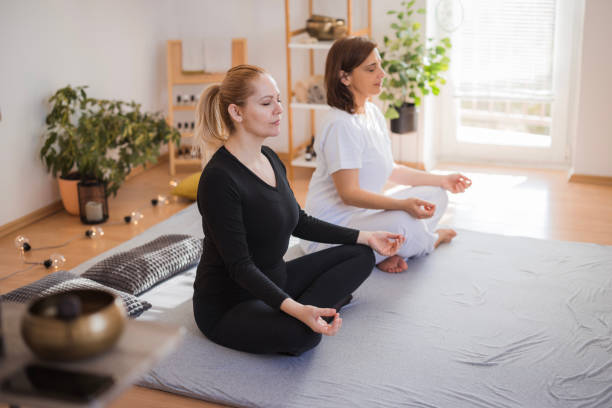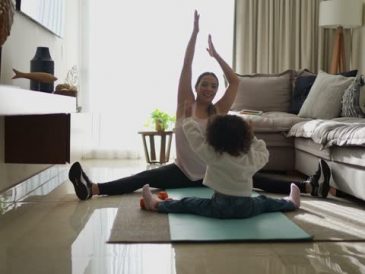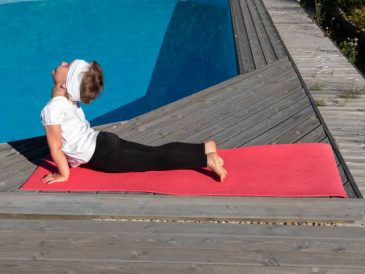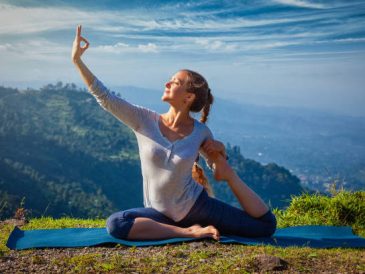“While deep in my yoga practice, my body will often begin to shake when I’m challenging her. That is my reminder, my affirmation, that I’m peeling away layers of myself. Our truth lies in that space. The shaking reminds us that we’re unfolding. Live your truth, even if the world you leave behind shakes.”
This is what I wrote in my journal following a yoga session where I felt especially open.
The editor told me to think of a tagline for my first column, Peace, Love & Practice, that would convey the main focus of the column.
Just one line
At first, I found it very difficult. There are so many connections that I want to make, so many stories I feel drawn to share, and I have so much about myself that I would like to explore while giving others the chance to see themselves through my words.
What would you say in one sentence? I selected “Practice Makes Progress.”
All Practice
This mantra, “Practice makes Progress,” could be applied to any aspect of our lives we want to transform. All practice. We can heal ourselves through yoga, teaching, forgiveness, and compassion.
All are part of our constant personal development. As we stretch our limits, our bodies may shake. This is a way of letting us know that we still have a long way to go. It may feel like the world is shaky, and we feel unsteady.
It has become my mantra since I chose this tagline as the title of my column. I use it when I am feeling defeated or if I feel like I have failed in some way. It helps me always to come back to my center. These three words remind me to be compassionate with myself and help me build a heart-centered practice.
Three areas of practice have helped me to progress in my personal development.
Muscle Memory
Many of our behaviors are unconscious and learned in childhood. Early on, I understood that being nice was the same as being good. So, I learned not to ask for what I wanted directly. In adulthood, I felt that my needs were not being met because I assumed others would know what I wanted. I was afraid to express my needs because I believed that it would make me look bad.
I started to practice listening to what I felt and asking for the things I wanted. It was not something I could start doing. This takes practice for many of us. We build up our practice by starting small.
I started to tune in to my emotions and express my needs. At first, it felt strange and uncomfortable.
As in yoga, when we are uncomfortable, our muscles may shake. But as we become stronger, muscle memory is built, and the challenge becomes less. We become stronger in the area we are practicing.
Our heart is like a muscle. Compassion for ourselves and others is a practice that can lead to a more conscious journey, where our heart will be at the core of our words and our actions. As we build these muscles, they become easier to use.
It is Time to Change Our Practice
Hot yoga was my first love when I began to practice yoga. I loved the heat and the intensity of practicing in such difficult conditions. My practice was largely based on endurance and mental focus. With time, Ashtanga vinyasa became my favorite practice. It involves breathing techniques to build internal heat.
I gained more knowledge and began to apply more of the Eight Limbs in my daily life. As I focused more on my inner self, I began to study yogic philosophy. My practice also became less about endurance. My practice changed as my needs began to shift.
We can become so fixated on our destination that we lose sight of the journey. Fluidity brings us to a new level of awareness about our constantly changing needs. We might find ourselves frustrated when we try to forgive in a relationship or ourselves, and we can’t. Instead, we could shift our practice and explore our frustration.
It may be that we practice by letting ourselves be who we are. Our journey begins when we remain open to change.




